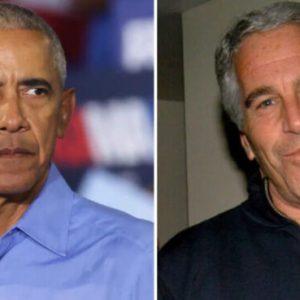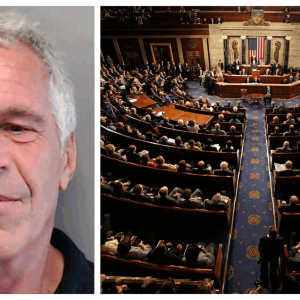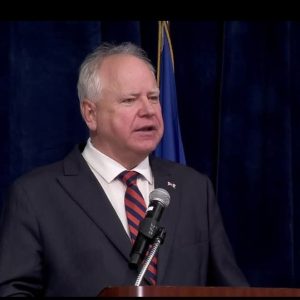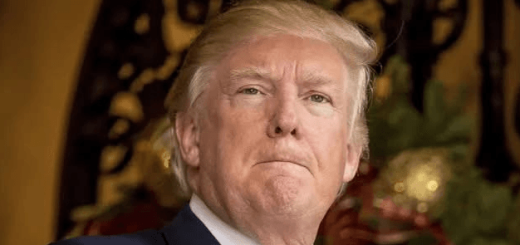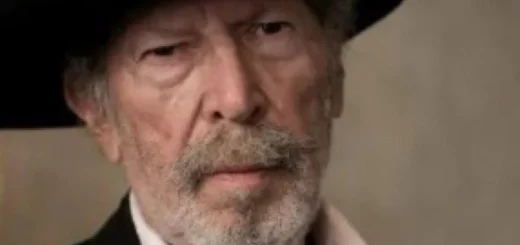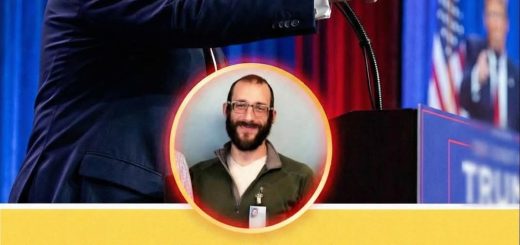Bill and Hillary Clinton have reportedly decided to postpone their scheduled
The House Oversight Committee’s ongoing investigation into the federal government’s handling of the criminal cases surrounding Jeffrey Epstein and Ghislaine Maxwell has reached a significant procedural snag as Bill and Hillary Clinton postponed their scheduled depositions. Subpoenaed in early August, Hillary Clinton was set to appear for a deposition last week, followed by Bill Clinton this Tuesday. Committee officials confirmed that neither arrived for questioning and stated that negotiations with the Clintons’ attorney are underway to establish new dates. The postponements highlight the complexities of compelling testimony from former high-level government figures, especially when inquiries intersect with politically sensitive historical associations.
Oversight Chairman James Comer initiated the subpoenas as part of a comprehensive effort to reexamine the Justice Department’s oversight of Epstein over several decades. Comer has publicly stated that missteps by federal agencies may have allowed Epstein to avoid earlier accountability, despite mounting evidence and repeated allegations. The committee aims to explore whether investigators ignored leads, failed to pursue powerful individuals within Epstein’s orbit, or otherwise mishandled critical information. These concerns intensified following Epstein’s 2019 arrest on sex trafficking charges and his subsequent death in federal custody, which federal prosecutors ruled a suicide but which has remained a subject of public skepticism. Maxwell’s 2021 conviction further reignited interest in how federal authorities handled interconnected networks of influence, wealth, and abuse.
Bill Clinton’s association with Epstein has been a particular focus of political commentary and speculation. Visitor logs released in 2016 show Epstein visited the Clinton White House at least 17 times during the mid-1990s, and Epstein donated $10,000 to the White House Historical Association. Clinton has acknowledged taking several flights on Epstein’s private jet—later dubbed the “Lolita Express”—as part of his philanthropic initiatives. He has repeatedly denied ever traveling to Epstein’s private island in the U.S. Virgin Islands or having knowledge of any criminal behavior. In his 2024 memoir, he expressed regret for his involvement, saying he wishes he had never met Epstein and that the association generated years of unwarranted suspicion. These denials are expected to factor heavily into his eventual deposition, should it proceed.
In parallel, statements by Ghislaine Maxwell have added further complexity to public narratives about Epstein’s social network. In an interview with Deputy Attorney General Todd Blanche, Maxwell characterized her relationship with Bill Clinton as independent from Epstein’s. She claimed that Clinton was “her friend,” not Epstein’s, and insisted that he never visited Epstein’s island. Her comments underscore the tangled interpersonal relationships within Epstein’s circle and highlight the difficulty investigators face when attempting to draw lines between personal, professional, and illicit associations. Whether Maxwell’s statements will play a substantive role in the Oversight Committee’s inquiries remains unclear, but they are likely to arise when the Clintons appear for questioning.
The committee maintains that the Clintons are not accused of any criminal activity. Instead, their testimonies are expected to shed light on the extent of their interactions with Epstein and Maxwell, as well as whether they observed anything that might have raised concerns during or after Bill Clinton’s presidency. Comer has stressed that the American public deserves transparency regarding Epstein’s high-profile connections, including travel records, meeting logs, and personal ties. He has also suggested that federal agencies may have failed to pursue leads involving prominent individuals due to political pressure, institutional caution, or bureaucratic inertia. The bipartisan approval of the subpoenas reflects a shared congressional interest in understanding the broader failures that allowed Epstein to operate with impunity for so long.
Looking forward, the Oversight Committee has indicated that additional subpoenas may be forthcoming and that the investigation is far from complete. Comer emphasized that the inquiry aims to ensure accountability and prevent future failures in federal oversight systems. With the Clintons’ depositions still pending and numerous unanswered questions surrounding Epstein’s connections, financial dealings, and network of influential acquaintances, the investigation is likely to intensify. The committee’s conclusions could have implications not only for the historical record of the Epstein case but also for future oversight of federal law enforcement. Ultimately, the postponed testimonies underscore the continuing national effort to understand how one of the most notorious criminal networks of the last several decades operated—and why it took so long for authorities to intervene.


